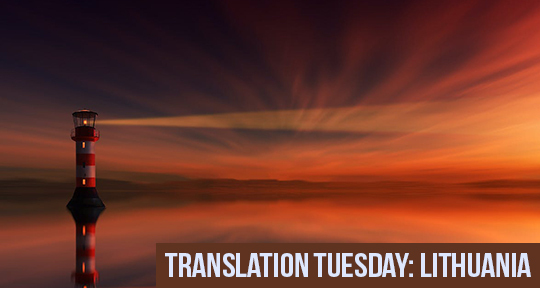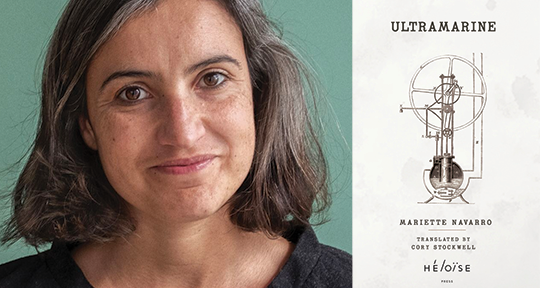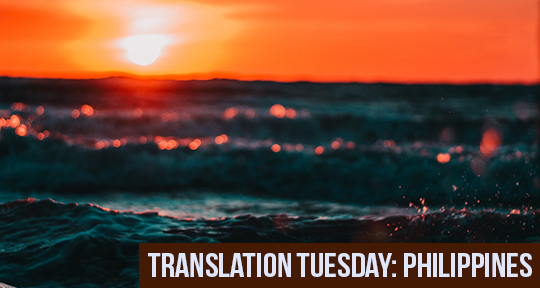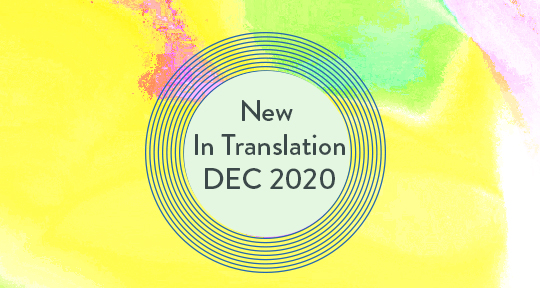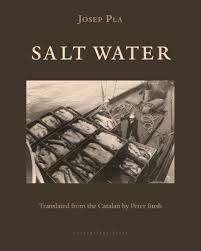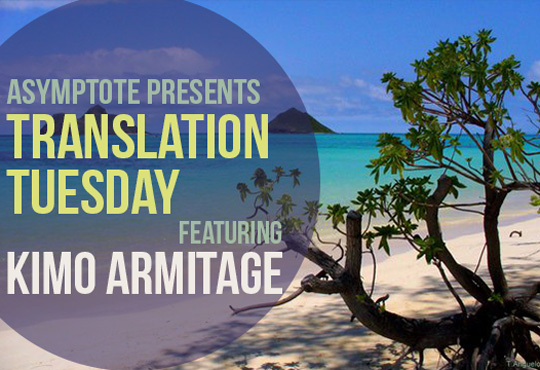This Translation Tuesday, we find Lithuanian master Tomas Venclova sea-watching in a pair of entrancing poems, translated with beauty and guile by Diana Senechal. Lashes of brine, mist and cloud rise up from these chilly autumn seas, as do—so often the case—a soft sadness, and the observer’s most tender preoccupations.
August Elegy
For Z. B.
How are you, how is it to live
in the zone unknown to us still?
Forgetful and wet to the full,
the seasons float over the gulf.
Heat presses the narrow pavement,
the helicopter hones its direction,
takes notice: someone is absent.
This barely was able to happen.
Caught in the battered ships’ crush,
the whirlpools thrash the pavement,
and midyear soon comes to the seventh
year of your growing absence.
From that silent place what will I glean
on the balcony, pouring my wine
without you—who conquered alien
beds and bodies, you, skeptic, twin,
soul-likeness of mine? Almost always
you guessed what I had up my sleeve.
Now nature is all you have left—
the one God in whom you believed,
who always offered a safe
retreat from the State and its madness,
and whom—thrush’s skill, lynx’s craftiness—
you held higher than yourself.
Perhaps you are really in the fog,
in the film of glittering oil,
in scattered letters and logs,
by the promenade, where yachts jostle,
where road-loops are etched on the slope,
where the bell is contained in a breath
(a friend does not stay there long,
while an enemy stays to the death).
Perhaps you are really in the rays
where mollusks polish the deep,
in Vingis’s rusty pines,
and in Kotor’s salt molecules,
over here, where the sea vapor clears,
and in sands a thousand versts away.
“It is good,” you yourself would say,
“that nature gets by without tears.”

